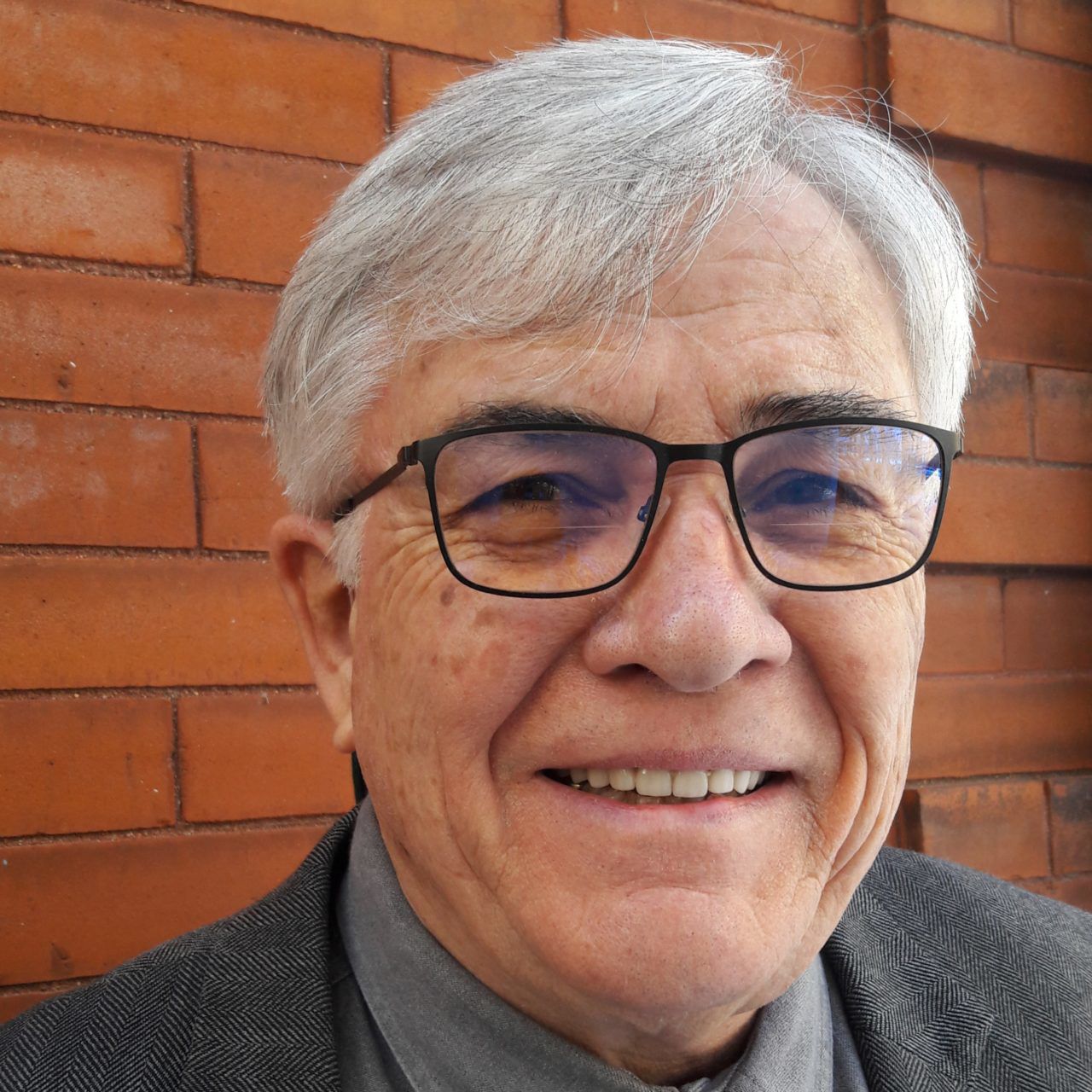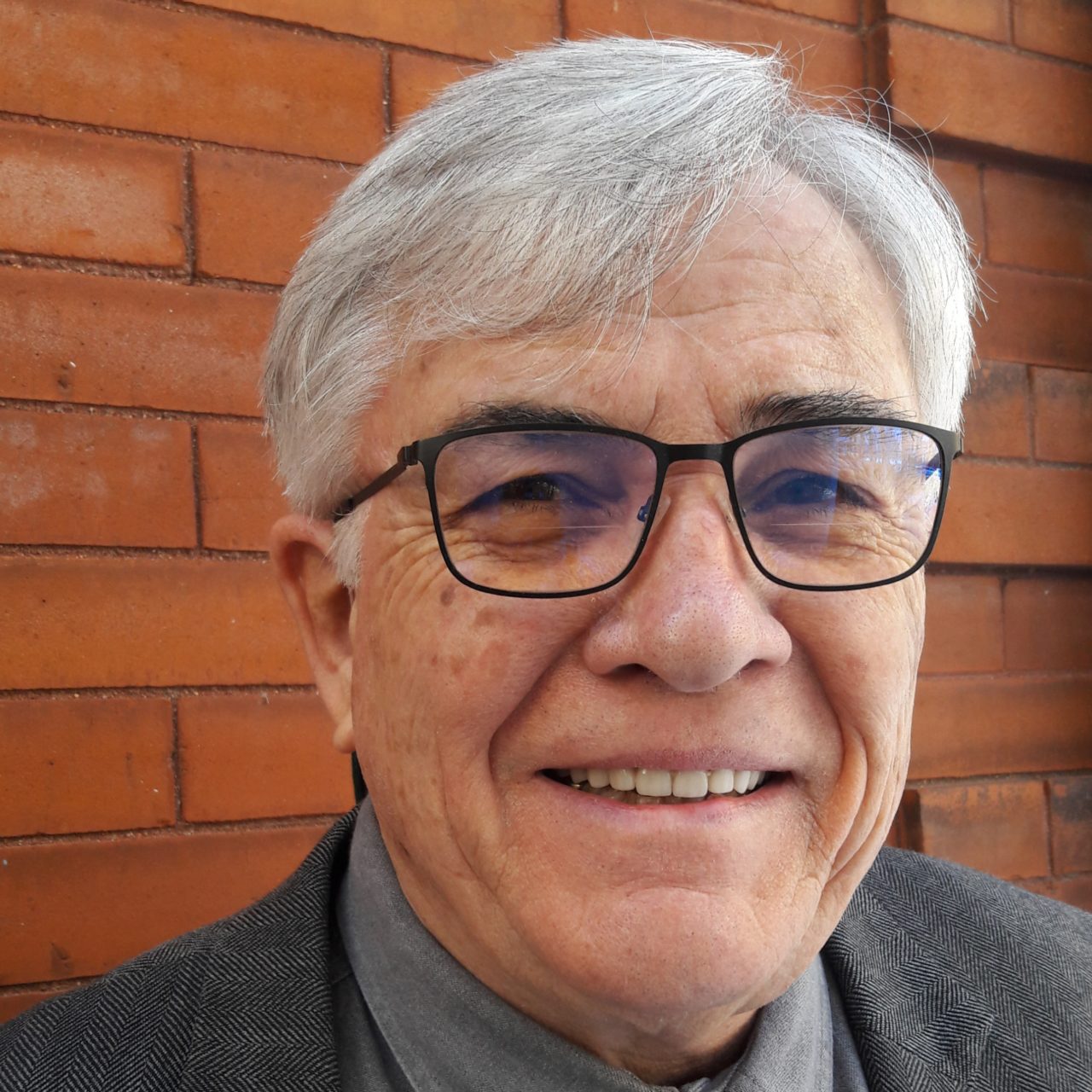HUDSON | Circus foes drive a wedge between Middle America and the wild kingdom


In the years after the Second World War, the Ringling Brothers Barnum & Bailey Circus crisscrossed America by private train. Without Interstate highways, circuses packed their tents, exotic animals and arcade booths onto flatbed railcars each spring. Their performers and roustabouts spent the summer sharing modified Pullman suites, returning to Florida in the fall. Whenever the circus came to town, it arrived in a quarter-mile-long string of cars parked on a rail siding. Tents were thrown up in nearby fields where wandering musicians, magicians and costumed performers entertained approaching crowds. The smells of cotton candy, hot dogs and caramel corn wafted through the midway.
In the summer of 1952 or ’53, the circus train pulled over in Pocatello, Idaho, to water and exercise its performing animals. This unscheduled stop provided a few days off between city appearances. With beautiful summer weather, Barnum & Bailey decided to offer one public performance for the locals. Television still hadn’t arrived in Pocatello although it was rumored to be on the way. The circus was a thrilling event for 6- and 7-year-old kids bored with the monotony of Mormon potato fields. Cars and school buses began arriving before dawn and continued to pour into makeshift parking lots for hours. It was soon apparent there wouldn’t be sufficient seats for everyone. A second, evening performance, was added.
I remember a circus hand inquiring plaintively, “Where are all these people coming from?” License plates indicated the crowd was driving in from Montana, Washington, Oregon, Nevada, Utah and Saskatchewan. The circus has been a staple of rural entertainment for three thousand years. The name is Latin. Roman circuses traveled throughout the Empire and were just one of the many benefits, together with roads and aqueducts, that were provided once conquering Legions departed. Wild animal acts, trapeze and high wire performances, clowns and gymnastic artists were staples in the circus.
I only recount this history as a prelude to a discussion of Senate Bill 125 scheduled for a hearing in the House once the legislature’s corona virus shutdown concludes. Drafted to outlaw the exhibition of exotic animals in Colorado, the bill sounds like small beer in the face of a public health catastrophe. Cruelty and mistreatment of animals are already crimes, but the sponsors wish to outlaw the use of animals, particularly elephants, to “…perform tricks, give rides or participate as accompaniment for the entertainment, amusement or benefit of an audience.”
Animal-rights activists have successfully killed off most American circuses. This has been achieved despite the fact that circus animals generally live longer, healthier lives than do their brothers and sisters left to the tender mercies of the savanna and ivory poachers. Retired Professor Ted Friend of Texas A&M, a member of the American Humane Society’s Humane Conservation Scientific Advisory Committee, charges it is a radical fringe of zealots who wish to ban “…the right of Coloradans to actually feel an elephant’s skin, experience its gait and sense its breathing.”
Senate Bill 125 is intended to drive a final nail in the coffin for wild-animal exhibitions within Colorado. Activists view their legislation as a first step along the road to the elimination of Mexican and cowboy rodeos. It’s a first step in a not-so-hidden agenda. I find it disappointing that the bill sponsors are all Front Range Democrats.
Why is it such a mystery to Democrats when rural Colorado votes uniformly Republican? These performances are no longer offered in cities with zoos, but travel to county fairs and rodeos to amaze kids. As the Elephant Managers Association (yes, there is such an organization) testified during the Senate hearing, “Preventing Colorado residents from…experiencing these professional exhibitions…serves to widen society’s disconnect from the natural world.” The impression elephants leave on children can last a lifetime.
The targeting of elephant rides ignores a long history of human and elephant friendships. In both southeast Asian and African cultures, their languages include words for those who spend their lives as elephant handlers. Hindi Mahouts and Malayam paapans are often paired while children with baby elephants, establishing lifetime bonds.
The loudest proponent of this pending legislation is Roland Halpern with Colorado Voters for Animals. A self-styled, “ordained animal chaplain” from the Emerson Theological Institute boggles understanding. A fact check on the Institute finds it does not offer academic degrees. For those, they advise students to attend a credentialed college or university. Basing its curriculum on something called “new thought,” Emerson appears to reside somewhere near the outer boundaries of New Age mysticism.
If you don’t want to ride an elephant, don’t ride them. I personally don’t much care for boxing and I cared even less for legal cockfighting when I was stationed in Puerto Rico. Refusing to attend such performances has protected me from both.
Miller Hudson is a public affairs consultant and a former legislator. He can be reached at mnhwriter@msn.com.












